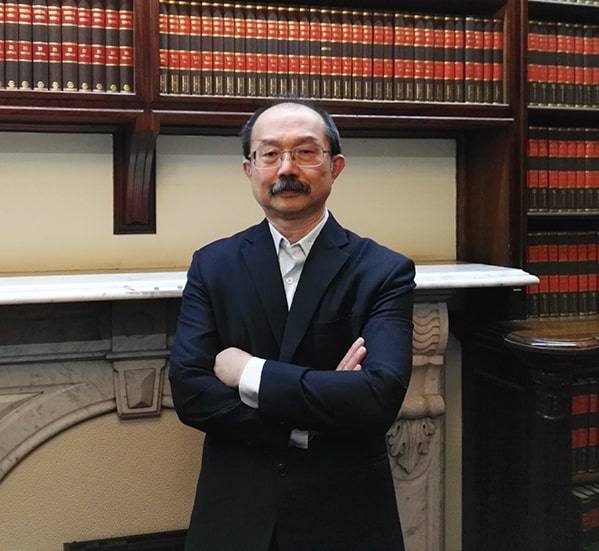
The Business Subclass 188 PIV visa or Business Innovation and Investment Class EB Subclass 188 Premium Investor Visa (PIV) is by Austrade invitation only. It is unlikely you will be able to request Austrade to nominate you as they do not accept unsolicited expressions of interest from the general public. Austrade may consider recommendations from state or territory to invite potential visa applicants. Austrade or Australian Trade and Investment Commission (click here to learn more) manages the process of identifying, targeting and attracting individuals with at least $15m to invest in Australia.
If Austrade does not invite you, you may want to consider other Business and Investment visas (click here to learn more about Subclass 132 visa; subclass 188A visa; subclass 188B visa and subclass 188C visa).

How much and what do I need to invest?
If invited to apply for Business Subclass 188 PIV visa, you will be required to invest at least $15m in complying premium investment product through managed funds, or direct investment into ASX listed assets, or Australian government or semi-government bonds or notes issued by an ASX listed company, or investment grade rated corporate bonds or notes, or Australian proprietary limited companies, or real property in Australia (excluding residential property), or deferred annuities issued by Australian registered life companies, or philanthropic donations approved by a state or territory government agencies. Your funds must be legally accumulated and unencumbered.
You can make the investment in your own name and/or your partner (spouse or de facto partner), or through a company where you and/or your partner own all the shares or through a trust in which you and/or your partner are the trustees and either you and/or your partner are the beneficiaries.
You cannot use the investment as security or collateral for a loan and you must make a genuine intention to hold the complying premium investment for the entire visa period (except for philanthropic donation).
If granted the Business Subclass 188 PIV visa, there is no requirement for you to reside in Australia to be eligible to apply for the permanent Business Innovation and Investment (Class EC) (Subclass 888) visa. However, you must enter Australia on or before the “first entry date” (condition 8504).
The Business Subclass 188 PIV visa is a temporary or provisional visa. You may apply for permanent residence in the Premium Investor stream after 12 months of being granted the visa. However, you must continue to hold the complying premium investment to be eligible for the permanent visa.

Including family members
If the Department of Immigration (Department of Home Affairs) has already granted you the Business Subclass 188 PIV visa, you can continue to add family members even if they are not living in Australia.
Members of your family unit, for example, you son’s new partner (spouse or de facto partner), who live outside of Australia can apply for the Business Subclass 188 PIV visa to come and live in Australia.
Your newborn child born in Australia is considered to hold the same visa as you.
The Department of Immigration’s policy recognised that your family circumstances may change during the visa validity period. The policy makes it easier for a partner or a newborn child born outside Australia to obtain the same Business Subclass 188 PIV visa.
New family members (subsequent entrants) applying for the same Business Subclass 188 PIV visa will be assessed without having to reassess whether all the other visa holders in your family unit still satisfy the Business 188 PIV visa criteria.
Australian migration law is complex and difficult to understand, contact our immigration lawyer for a consultation (fee applies) to help you to understand your immigration status (click here to find out how an immigration lawyer or registered migration agent can help you). You may also refer to our FAQs for answers regarding visa application or visa cancellation by clicking here.


041 222 4020 or WeChat: AUDvisa
This article is not intended to be or taken as migration legal advice. The author of this article disclaims any liability for any action or omission on the information provided or not provided in this article. You should always consult an immigration lawyer or a registered migration agent to form an informed opinion on your immigration matter.



